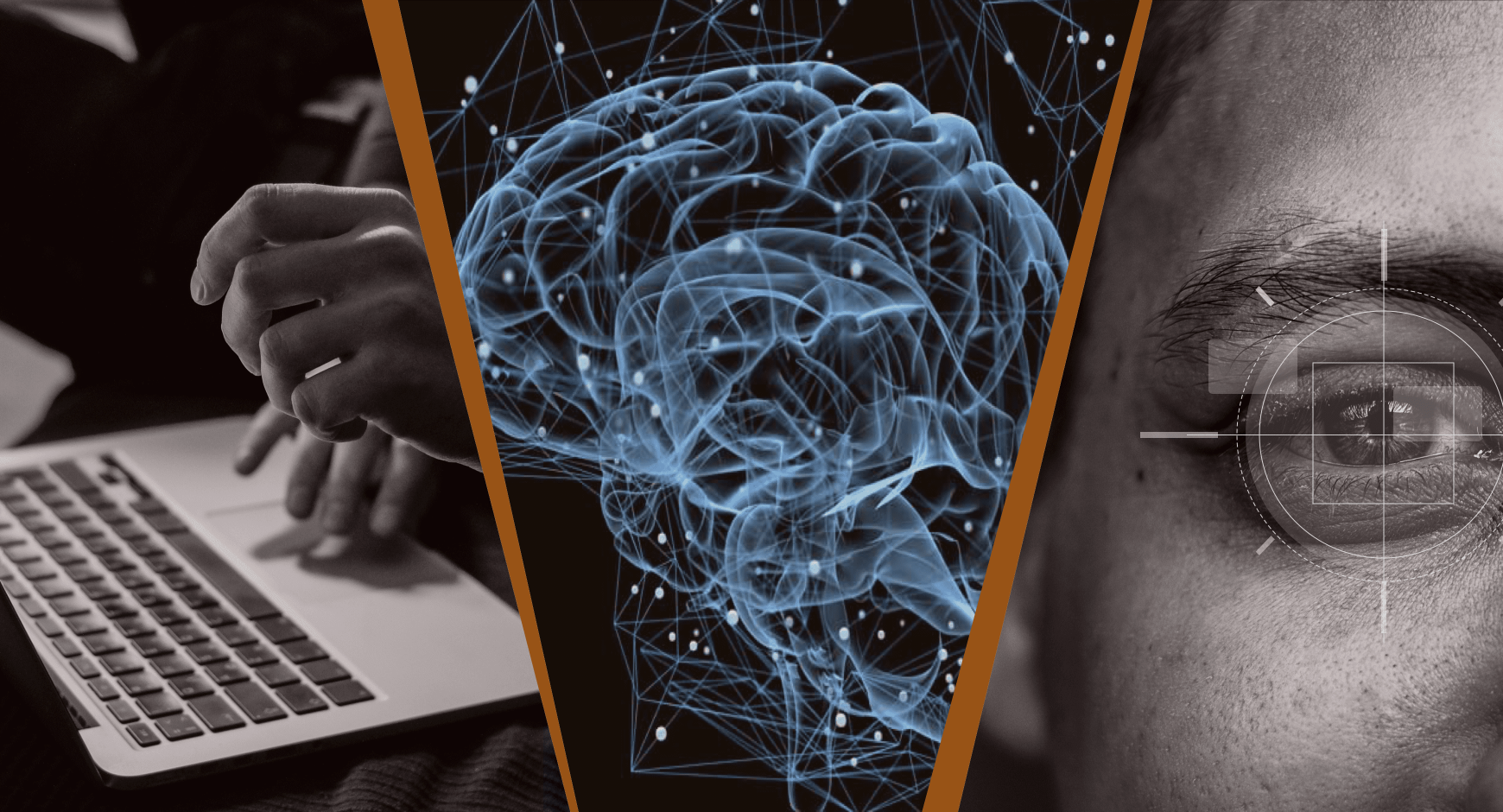
The School of Information’s Dr. Jacek Gwizdka was awarded a collaborative grant of $99,880 from the University of Texas at Austin Vice President for Research Associate Professor Experimental (APX) Initiative. APX is a design thinking and flash funding faculty retreat that brings together faculty members from different scholarly backgrounds to solve interesting problems in new ways.
Gwizdka is collaborating with Maya Henry from the department of Communication Sciences and Disorders at the Moody College of Communication and Kavita Radhakrishnan from the School of Nursing on an eye-tracking study: Health Information Search Behavior as a Manifestation of Cognitive Impairment. Collectively, the team represents a convergence of expertise in human-computer interaction (HCI) and eye-tracking methods, cognition in aging and age-related health conditions, as well as e-health interventions for older adults.
"Can we tell the difference between a person who does not have cognitive impairment and a person with cognitive impairment from their everyday internet search tasks?"
"Can we tell the difference between a person who does not have cognitive impairment and a person with cognitive impairment from their everyday internet search tasks?"
“Both Maya and Kavita work with populations that have some level of cognitive impairment,” Gwizdka said. “We got to talking about my interest in cognition and using eye-tracking to identify some cognitive states. I wondered, can we tell the difference between a person who does not have cognitive impairment and a person with cognitive impairment from their everyday internet search tasks? This has not been done.” Studies with older adults and patients with cognitive impairment use standard neuropsychological assessments (i.e., paper and pen tasks) or decontextualized cognitive tasks (such as solving puzzles or playing games), which may fail to capture subtle impairments in everyday, functional activities.
The researchers will explore the feasibility and utility of internet search behavior eye-tracking measurements as a metric for cognitive changes associated with aging and disease. First, they will analyze the internet search behavior patterns and eye-tracking measurements in healthy older adults and older adult patients with mild cognitive impairment, and then compare the task performance and eye-tracking measures of both groups.
“Specifically, we wanted to select health search tasks because the older population seeks health-related information more than younger people. Given that this is part of what they would normally be doing on their computers and phones, we would like to see from the eye movements if we could tell something about their cognitive impairment,” Gwizdka said. “And because our cognition changes as we age, part of the study will also compare young (college age) adults and older adults.” The team plans to use existing data from a previous eye-tracking research study with college students for the comparison.
If the researchers can establish that web search behaviors may be used as a scalable proxy for cognitive testing by showing data that demonstrates well-documented cognitive changes in cognitive impairment correlate with eye-tracking metrics derived from web search tasks, there is potential for the development of a remotely administered assessment tool (via webcam eye-tracking) that enables both early detection and ongoing monitoring of cognitive function in a variety of clinical populations affected by or at risk of cognitive impairment.
